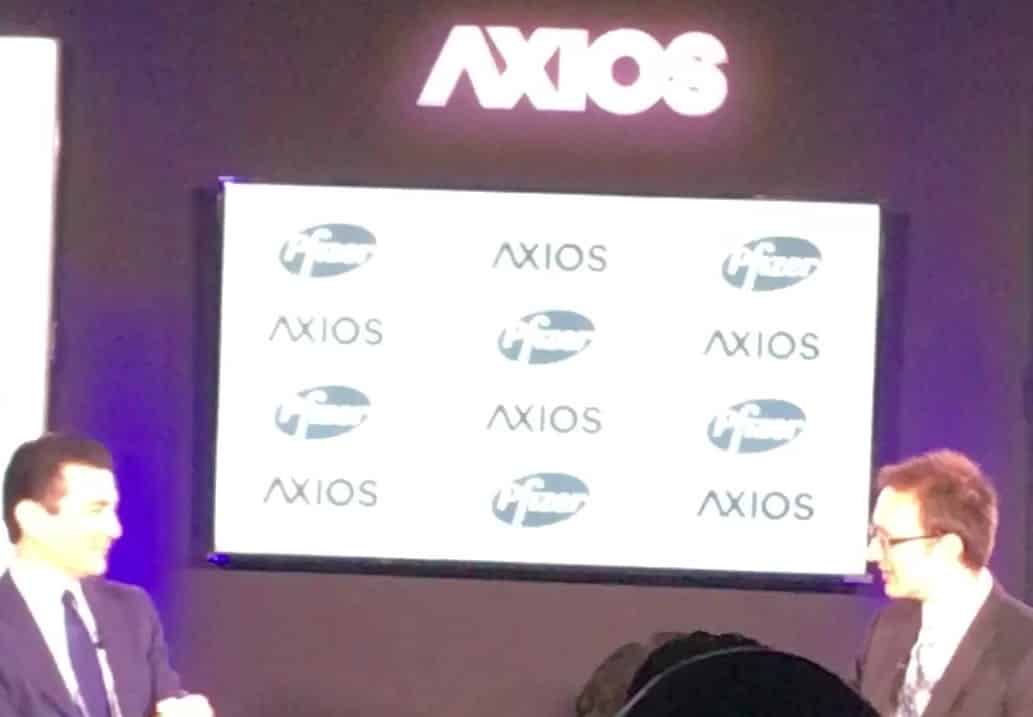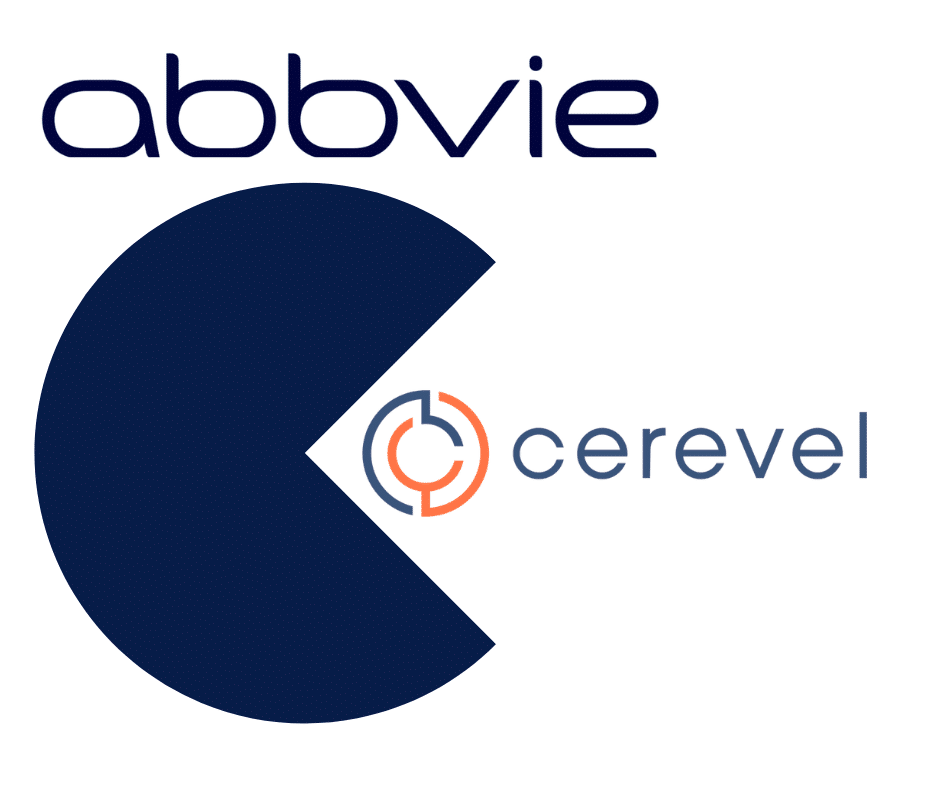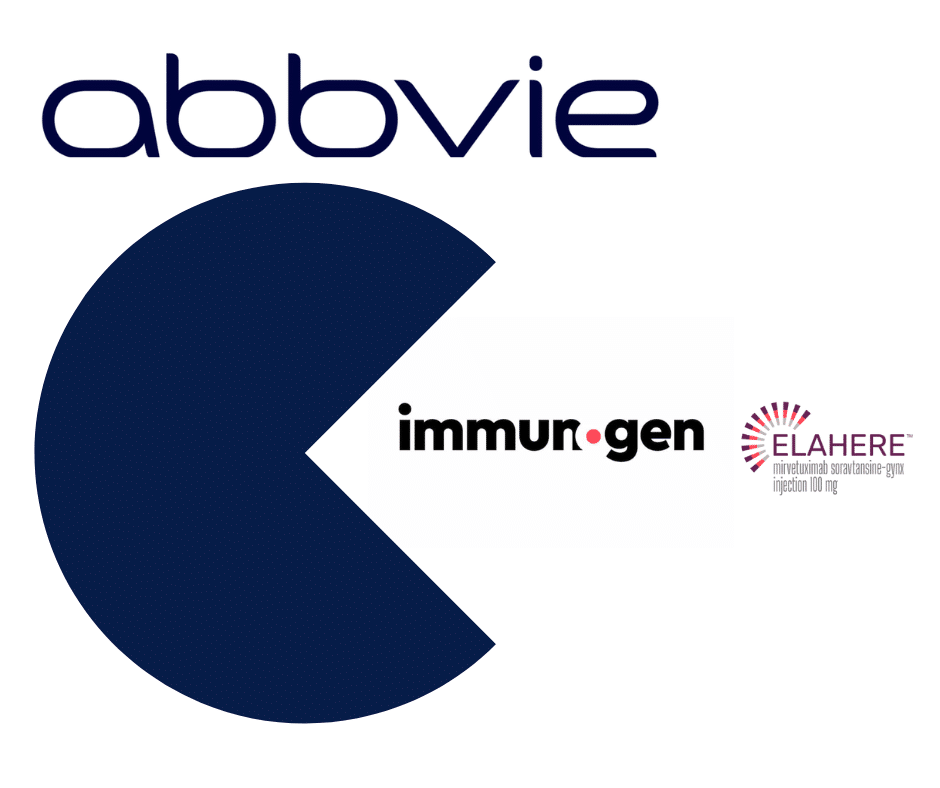
Scott Gottlieb, MD being interviewed by Axios’ Bob Herman.
A jam-packed hour contemplating the future of health care, just another morning in DC. The Snowfish team heard leading administration, legislative, and industry stakeholders opine on the topic of Beyond 2020: Making Care Affordable, hosted by Axios. On the docket were Scott Gottlieb, MD Former FDA Commissioner and current Resident Fellow, American Enterprise Institute and Iowa Senator and Chair, Senate Finance Committee Chuck Grassley. They were joined by Senator Debbie Stabenow of Michigan and Chair, Democratic Policy and Communications Committee, and Chester ‘Chip’ Davis Jr., J.D, President & CEO, Association for Accessible Medicines.
The program was focused on how to reign in drug prices. The overarching theme was collective interest in guaranteeing widespread access to prescription therapies, though each of the panelists had their own take on the topic. This is the first of a series of posts which highlight this important event.
Former FDA Commissioner Scott Gottlieb’s Take on Drug Innovation and Prices
The moderator challenged Scott Gottlieb, MD with the question of how to deal with the most expensive drug therapy to date, Zolgensma, and is it appropriate to charge that much given all the new gene therapies on the horizon. The moderator asked if society can really afford to spend that much. Before we get into Dr. Gottlieb’s response, it is important to provide some background on this therapy and the condition it treats. In may of 2019, Novartis put a $2.1 M price tag on Zolgensma, a gene therapy that treats children under 2 years of age with spinal muscular atrophy (SMA) which causes the progressive loss of muscle function and is often fatal. Unique about this drug is that rather than long-term chronic therapy, it is intended to be a one-time treatment.
Dr. Gottlieb felt that the pricing for Zolgesma was indeed fair, “you have to recoup all costs of development and the incentives to innovate on a one-time administration. The old pharmaceutical model is an annuity.” In other words, people would be on a drug, or class of drugs their entire lives, therefore a company would have decades to recoup the innovation. Alternatively, we are talking about new gene therapies that could offer a disease cure rather than control. Without the ability to recoup costs and make a profit innovation would be stifled.
Dr. Gottlieb pointed out that in an effort to focus therapies on unmet needs and stop the endless “me-too” products, incentives were provided to develop drugs to treat various cancers and rare diseases over a decade ago. This was at a time when companies were developing a lot of “me-too” products, e.g., the 5th statin or ARB in an already crowded class. This resetting of the market has created dozens of new companies focusing on rare disease and other conditions. Dr. Gottlieb noted that you cannot destroy existing incentives without upending what has been achieved over the last decade.
For Dr. Gottlieb, it all comes down to access and need for equity. “When privately insured patients get early access to technology and Medicaid/Medicare patients do not, this needs to be addressed.” His point is that if transformational therapy is available and Medicaid delays it, this would have significant impact on life. How we ensure patients receive equal access to new life saving gene therapies is key question on the mind of Dr. Gottlieb.
Please stay tuned for future posts with insights from other event panelists.
For nearly two decades Snowfish has been providing unique insights to the life science industry. We are often called upon to help companies understand their stakeholder landscapes and identify the ideal individuals and groups to meet their needs. To learn more, please reach out to Snowfish.
- Market Access: The Latest Hurdle for Treating Alzheimer’s and Dementia - June 14, 2023
- Rare Disease Outreach a Missed Opportunity - November 7, 2022
- So You Read Our Previous Post on Biomarkers? - August 1, 2022



